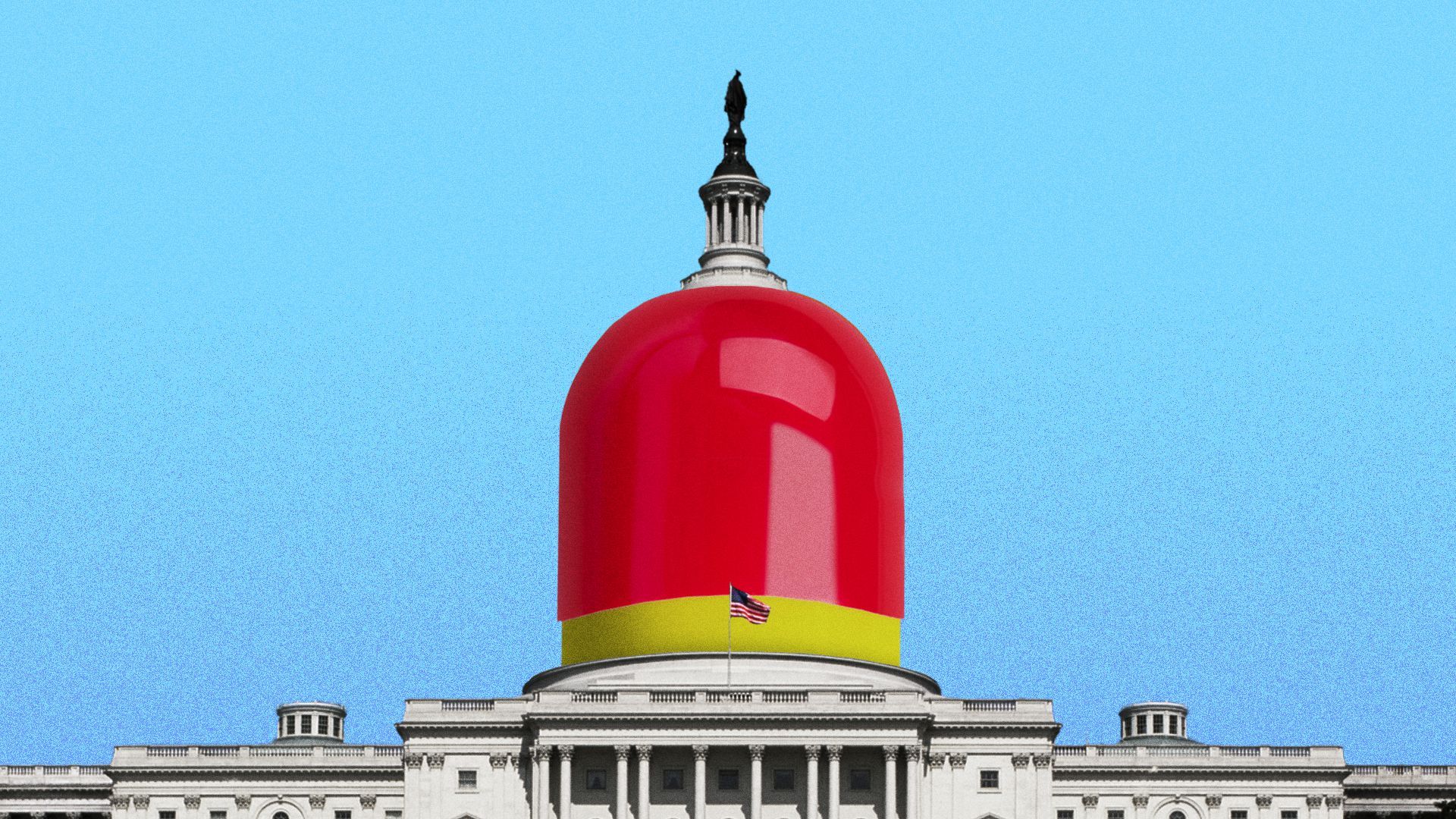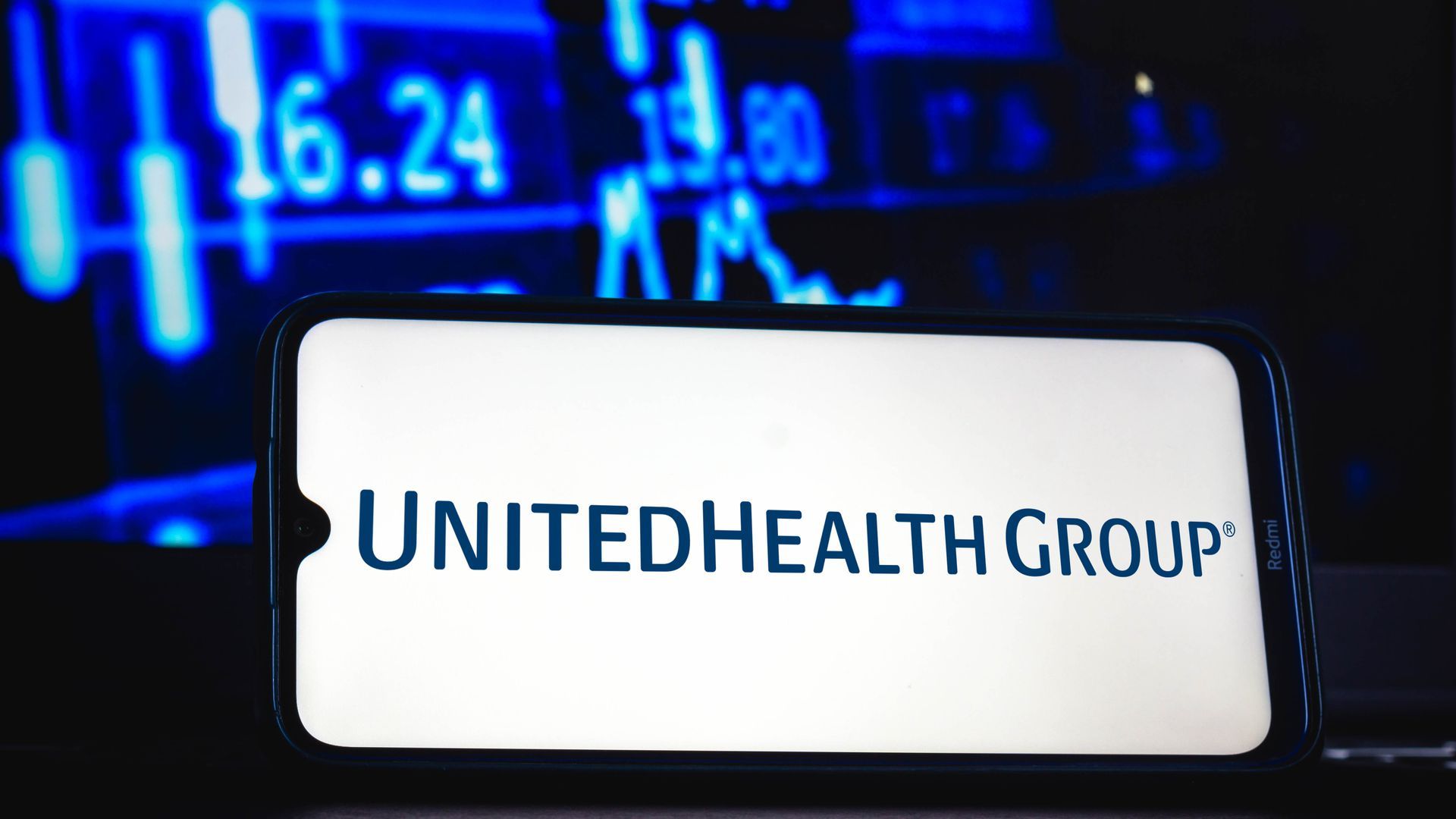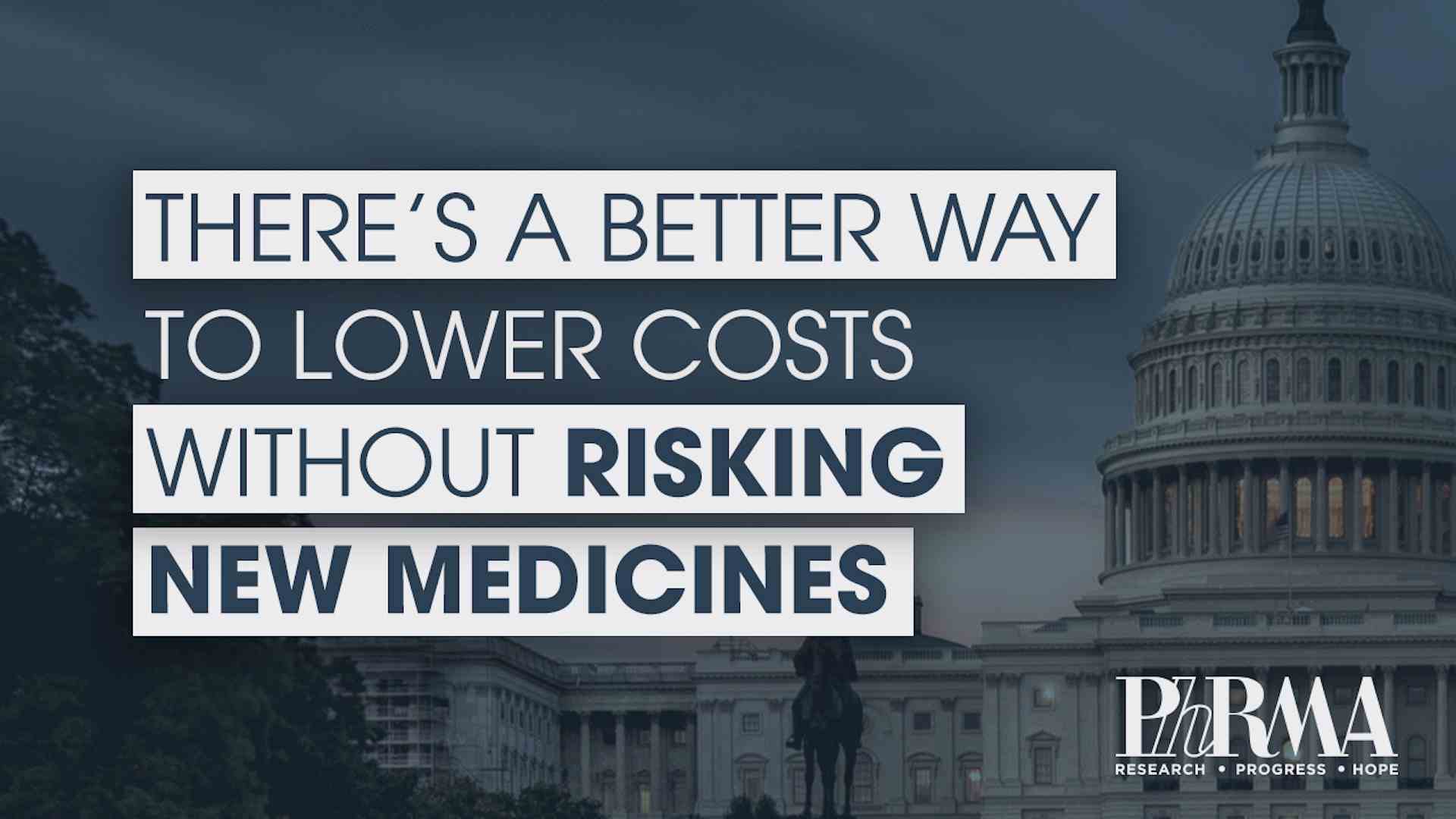| |
| |
| |
| Presented By PhRMA |
| |
| Axios Vitals |
| By Tina Reed · Jul 18, 2022 |
| Happy Monday, Vitals readers. Today's newsletter is 921 words or a 3.5-minute read. 🍻 On tap this week: On Tuesday, the House select subcommittee on the coronavirus crisis will host a hearing on long COVID while a House Energy and Commerce subcommittee hosts a hearing on the impacts of reversing Roe. |
| |
| |
| 1 big thing: How Manchin could force Dems to swallow a skinny health bill |
 |
|
| Illustration: Maura Losch/Axios |
| |
| Sen. Joe Manchin's insistence on a skinny reconciliation bill is infuriating Democrats but forcing them to consider the power of running on health costs and coverage, heading into the midterms, Axios' Adriel Bettelheim writes. The big picture: Democrats won a mandate on health care in the 2018 midterms and could improve formidable odds this year by cutting a deal with the influential centrist lawmaker on drug price reforms while avoiding a spike in the uninsured rate. - But doing so could forfeit a chance to enact a far bigger package that raises corporate taxes and invests hundreds of billions in clean energy.
Where things stand: Manchin made it clear last week he'll vote for a drug pricing deal he's been negotiating with Senate Majority Leader Chuck Schumer, as well as a two-year extension of enhanced Affordable Care Act subsidies that are due to expire at the end of this year. - Those items address two big pieces of President Biden's health care agenda that's been frozen in Congress. And the math adds up, with drug pricing reforms saving about $290 billion over a decade, while extending the subsidies would cost around $100 billion.
- Raymond James analyst Chris Meekins said in a note to clients that it's likelier than not that Democrats could pass such a bill via the partisan reconciliation process by the August recess or, at the latest Sept. 30, after which odds would drop dramatically.
What we're watching: Whether enough Democrats swallow hard and agree to Manchin's ultimatum in the next week — or if they'll roll the dice and bet economic and political conditions will change enough to allow a more sweeping package before fall. Go deeper. |
    |
| |
| |
| 2. UnitedHealthcare nixes insulin co-pays |
 |
|
| Photo Illustration: Rafael Henrique/SOPA Images/LightRocket via Getty Images |
| |
| While Congress continues sparring over costs, UnitedHealthcare announced Friday it plans to stop charging fully insured members a co-pay for the drug that's gotten the most attention: insulin. Why it matters: It's among the first moves by a major insurer to address the flashpoint in the drug reform battle. What they're saying: UnitedHealth Group CEO Andrew Witty said on an earnings call that the timing of the move — which also includes cutting co-pays for other critical medicines like epinephrine — made particular sense in light of record inflation. - "We know that we need those folks to make sure to fill their prescriptions properly and, if there's anything caused by the inflationary environment that might hold that back, there are going to be really bad downsides there," Witty said.
Between the lines: Cutting the co-pay could be a public relations move in light of Congress' laser focus on the drug, Gerard Anderson, a professor of health policy and management told Axios. - It also makes a great deal of economic sense for UnitedHealth Group because it's limited to those who are fully insured, he said.
- "If people don't take insulin as directed, they can get sicker, and then a fully insured company will take a lot more financial risk," he said.
- There is also downward pressure on the price of insulin, including efforts by non-profit companies to begin selling it at a much lower cost. "They essentially have to show people are getting something for insurance," Anderson said.
|
    |
| |
| |
| 3. Deadly heat wave hits Europe |
 |
|
| People cool off in a fountain during a heatwave in Seville, Spain last week. Photo by Jorge Guerrero/AFP via Getty Images |
| |
| Europe is bracing for more record-setting heat this week. Last week's soaring temperatures were blamed for more than 1,000 deaths. Why it matters: The historic heat wave that hit countries like Spain, Portugal, France, Italy and the United Kingdom, shows just how dangerous sustained high temperatures are, not only for the most vulnerable, but also for healthy individuals. - As Axios' Arielle Dreher reported recently, summers are becoming deadlier as climate change blankets millions in heat waves whose public health consequences were, until recently, not fully understood.
Why heat is so dangerous: The body's response to heat is to dilate blood vessels in the skin and produce sweat to cool us down — but that can also lead to problems during sustained exposure to heat, reports New Scientist. - For instance, dilated blood vessels results in lower blood pressure which requires the heart to work harder and is dangerous for those with pre-existing heart conditions. Excess sweating also can lead to an extreme loss of salt from the body, per New Scientist.
- Heat-related illness develops when the body can't sufficiently cool down or when a person's temperature exceeds 106 degrees F — a point at which organs can shut down and people can become permanently disabled.
|
    |
| |
| |
| A message from PhRMA |
| Government price setting could mean fewer new medicines |
| |
 |
| |
| Today, there are: - 90 medicines in development for Alzheimer's disease.
- 26 for childhood diabetes.
- 119 for breast cancer.
And the list goes on — but which diseases could go untreated if Congress passes government price setting? There is a better way to lower costs without risking new medicines. |
| |
| |
| 4. Quote du jour |
| "They're going to be reluctant to use the word pandemic because it implies they've failed to contain this. At this point, we have failed to contain this. We're now at the cusp of this becoming an endemic virus where this becomes something that's persistent that we need to continue to deal with. The window for getting control of this and containing this has probably closed." — Scott Gottlieb, a former FDA commissioner under the Trump administration, on Sunday spoke on CBS' Face the Nation about why he's calling monkeypox a pandemic now, even if the Biden administration isn't. |
    |
| |
| |
| 5. While you were weekending |
 |
|
| Illustration: Aïda Amer/Axios |
| |
| 🏥 Some Texas hospitals have reportedly been refusing to treat patients with serious pregnancy complications over fears of violating the state's abortion ban. (Axios) 💰 The Biden administration is proposing a 2.7% bump to the rates it'll pay health systems for outpatient services next year, including a bonus if they buy N-95 respirator masks that are made in the U.S. (Fierce Healthcare) 🚨 Ghana has declared its first-ever outbreak of a disease known as the Marburg virus, "a highly infectious viral hemorrhagic fever in the same family as the more well-known Ebola virus disease." (WHO) |
    |
| |
| |
| A message from PhRMA |
| Patients lose when the government sets prices |
| |
 |
| |
| Government price setting cripples innovation and has potentially devastating consequences for patients. Why it's important: There are 119 medicines in development for breast cancer, but price-setting policies can change that. Tell Congress to protect access to new medicines. |
| |
| 🙊 One interesting thing: Hearing an insult is like receiving a "mini slap in the face" — regardless of the precise context of the insult — as far as our brains are concerned, a paper published today in Frontiers in Communication found. (So go say something nice to someone today, everyone.) |
 | | Why stop here? Let's go Pro. | | |
Post a Comment
0Comments